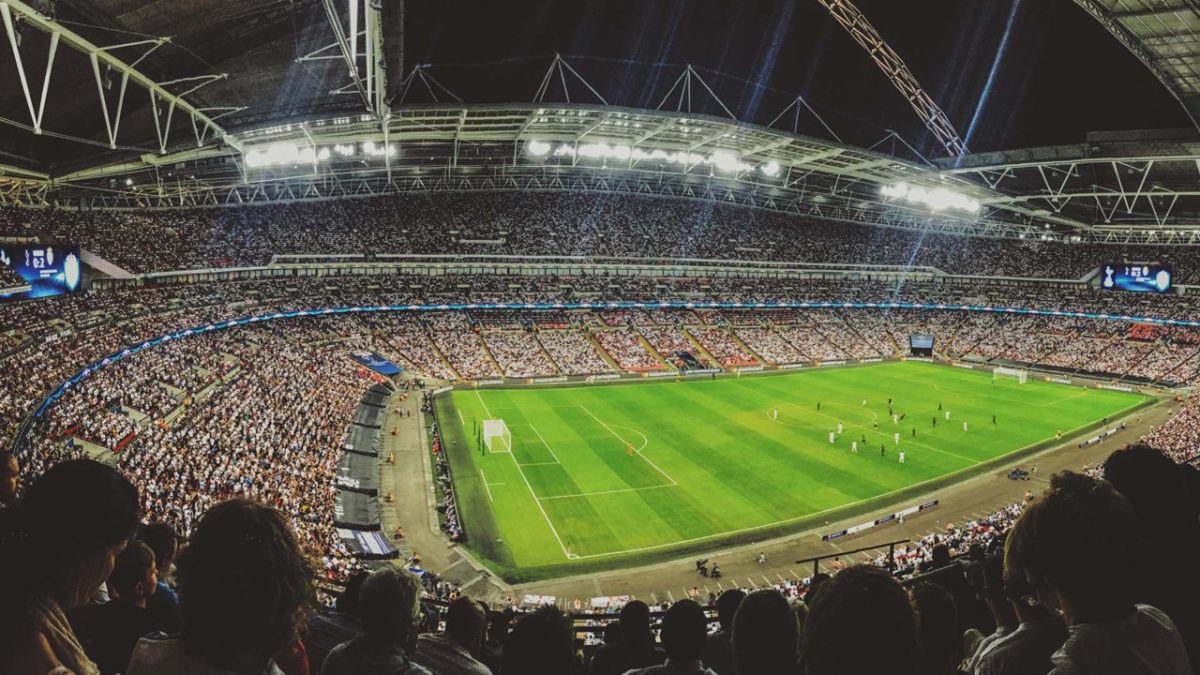Be the best or be brave


“We cannot solve our problems with the same thinking we used when we created them,” said Albert Einstein.
This piece of wisdom from a genius is something the sports industry should reflect upon. Year after year we see federations, teams, event organizers, agencies and sponsors applying the same logic to develop ‘new ideas’. And then they are surprised when fans express their discontent via social media or simply do not engage at live events or in the home.
Each year when planning for the next campaign, the set-up, the objective is the same: to achieve the best possible result under the circumstances. It is a bit like the ‘placebo button’. Yes, the button you press at a pedestrian crossing when you want the lights to change so you can walk across the road. In most cases, the only thing that happens is a light goes on and you have to wait. By pressing the button, we believe something is changing. During the busy day time traffic hours in most cities, the button has no effect. In New York, 2,500 of the 3,250 buttons were deactivated in 2004 but the button is left in place because pedestrians feel the need to press them. Sometimes, believing in a placebo overrides the need to look further or deeper at what will really make a difference.
When was the last sea change in a sport you play or follow? What effect did it have and did it result in greater participation or engagement with fans and followers? Perhaps it was a failure, in which case, what did you learn? As a competition, the introduction of the UEFA Champions League in 1992 was a game changer. For better or worse, depending on your point of view. Either way, the goal was to be the best club football competition in the world. in this respect, the objective was achieved.
In 2010 Unilever launched its Sustainable Living Plan. The objectives were clear and measurable. In 2017, Unilever generated 70% of its turnover growth from 26 sustainable living brands where purpose is at the heart of the proposition. The sustainable living brands are growing 46% faster than the rest of the business. By the end of 2017, 601 million people had been reached through its programmes on handwashing, sanitation, oral health, self-esteem and safe drinking water. In addition, 109 of its manufacturing sites were using 100% renewable energy. A brave vision and strategy. Is there a sporting organisation that took a similar approach recently?
A couple of weeks ago, Aston Villa, a team in the Championship (second English league) signed a kit supplier deal with a US based ecommerce specialist, Fanatics Inc. Unlike deals between Nike, Adidas and Under Armour with leading football teams, the name Fanatics will not be appearing on the kit. Instead, Fanatics bought exclusive licensing rights to sell individual deals to third parties for the shirts, caps, team wear and other products. For the Aston Villa official shirt, a local menswear brand called ‘Luke 1997’ will feature. The difference is that Fanatics controls the whole value chain. It will make the Luke 1977 branded Villa shirts, own the warehouses that store them, build and run the websites and apps that sell them. In addition, the products are also produced locally which allows Fanatics and Villa to respond quickly to any increases in demand, especially if Villa return to the Premier League next season. Bigger clubs like Manchester United and Chelsea will not be giving up the mega-bucks from Adidas and Nike to go with Fanatics but this is a brave new business model for those clubs who cannot command the $1 billion kit supplier deals. Which is the majority of football clubs.
Be the best or be brave but whatever you do, don’t press the placebo button hoping for change.